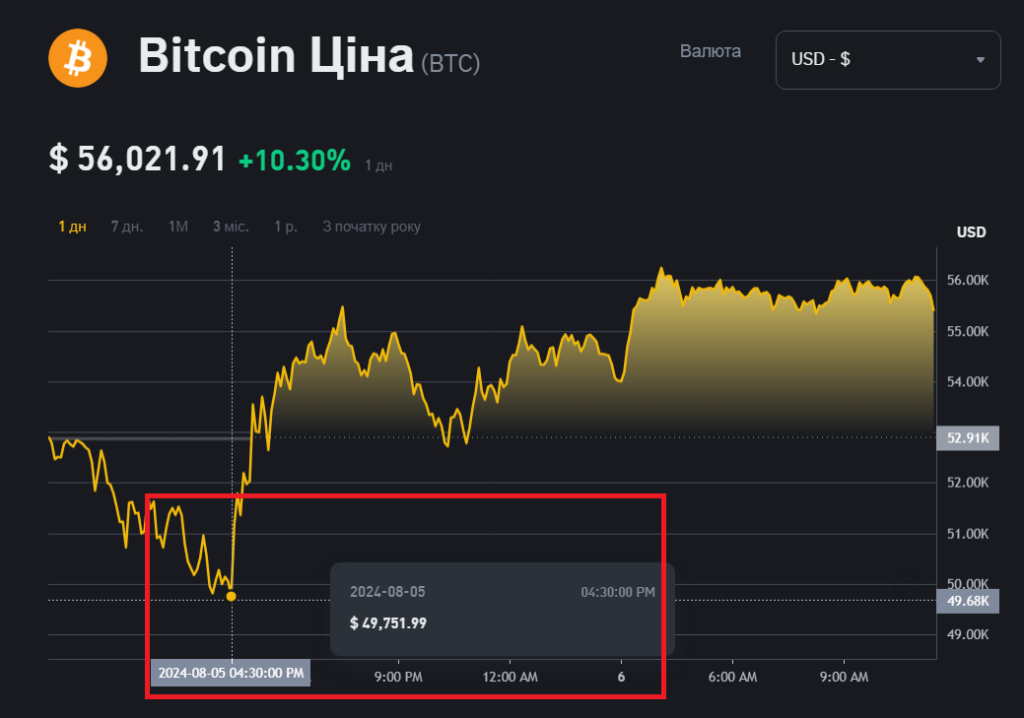
I don't expect this to hit aid to Ukraine — economist on the fall of stocks on world markets
 Photo: pixabay.com
Photo: pixabay.comOn Monday, 5 August, Japan’s Nikkei stock index, which includes shares of 225 of the country’s largest companies, plunged by almost 13%. According to the Financial Times, this is due to global markets worrying about the prospect of a recession in the United States. Due to the global financial instability, the value of Bitcoin fell from $60,000 on Sunday to around $50,000 on Monday morning.
How will this affect Ukraine’s economy? This was discussed on Hromadske Radio by Ivan Us, Chief Consultant at the Centre for Foreign Policy Studies of the National Institute for Strategic Studies, PhD in Economics.
According to the expert, the fall in stocks in Japan led to a fall in other countries as well. However, the shares of European companies fell by no more than 3%. According to Us, this figure is within the statistical margin of error.
The fall in stocks, the economist explains, will also affect Ukraine because we are part of the global economy. However, we are not so well integrated into these processes that the drop in stocks in Ukraine would be significant.
«Everyone is definitely worried that this (the fall in shares – ed.) could be used by Russia, that Russia will use it for information. Of course, it will use it for information purposes. But the question is that they haven’t figured out how to use it informationally. The markets have not bounced back, and this shot would have gone nowhere. Because later on, there will be a completely different story, and the situation will not be as relevant. So we’ll have to see. But I don’t expect a big blow to Ukraine or to the processes of helping Ukraine», — says Ivan Us.
Separately, the expert adds that the fall in stocks showed the instability of cryptocurrencies. According to him, precious metals are the most reliable source of preserving resources. This is particularly evidenced by the fact that after the cryptocurrency’s fall, gold prices rose.

According to Forbes, the situation in Japan has also affected other Asian markets. South Korea’s Kospi index fell by more than 4% in early morning trading; Australia’s S&P/ASX 200 fell by almost 3%. Taiwan’s main stock market index fell by more than 6%.
At the same time, Japanese stocks were also hit by the yen, which has strengthened by around 9% since mid-July.


